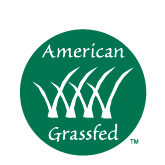3 Reasons You Should Avoid Beef With Antibiotics
People turn to grass-fed beef for all sorts of reasons. Some want to promote environmental sustainability, while others know the meat is healthier and more nutrient-dense than conventionally raised beef. Then there are those who do not want to consume meat from cattle given prophylactic antibiotics. Those consumers know that antibiotic resistance is a looming public health crisis, and cattle raised in feedlots are part of the problem.
100% Grass Fed Meats delivery from Thousand Hills Lifetime Grazed provides you with nutritious, antibiotic-free food. Our cattle eat grass and forage their entire lives, as their bodies were designed to do.
Here are three reasons you should stay away from beef with antibiotics:
1. Avoid Building Up Antibiotic Resistance
Antibiotic resistance impacts human health. Livestock raised in feedlots are given antibiotics as a matter of course to avoid infection. Should one cow develop an infection, the entire herd is medicated as a preventive measure. Antibiotics are also fed to cattle to boost growth rates.
This antibiotic misuse contributes to the growing problem of antibiotic resistance. This happens when bacteria, fungi, and other germs are no longer susceptible to the antibiotics that would formerly kill them. Antibiotic resistance means that infections caused by these germs become harder to treat. Doctors may have to try different classes of antibiotics to get the infection under control. Increasingly, there are infections that no longer respond to antibiotic therapy.
When bacteria develop resistance to antibiotics, a previously treatable infection may literally become a matter of life and death. According to the CDC, at least 2.8 million people in the U.S. are infected with antibiotic-resistant bacteria or fungi annually. Approximately 35,000 of them will die.
2. Cattle Fed Antibiotics Are Not Grass Finished
Cattle given antibiotics spend the last weeks of their lives in feedlots fattening on grain. Grass-finished beef does not receive antibiotics, nor are they given growth hormones to boost weight gain. These cattle are raised using the principles of regenerative agriculture. Rather than confine cattle to huge feedlots where they receive grain and grain byproducts, Grass Fed Beef cattle graze constantly in pastures or grasslands.
Regenerative agriculture not only avoids antibiotics, but it does not use chemical fertilizers, pesticides, or herbicides. Keep in mind that antibiotic resistance in livestock does not spread only by meat consumption. The manure from feedlot cattle contains antibiotic-resistant pathogens. These pathogens then contaminate the soil and water. The manure from holistically raised grass fed cattle is used to fertilize the land organically. It enhances soil health through its nutrients and improves water retention.
Regenerative agriculture mimics the way grasslands co-evolved with herds of bison, elk, and other large grazing animals. These herds grazed for short times in an area, allowing plants to rebound quickly. Conventional grazing degrades grasslands.
3. Humane Care
Cattle raised in feedlots and fed antibiotics do not receive the level of humane care accorded grass fed beef. Their heavy grain diets contribute to the development of various diseases, including liver abscesses. What are feedlot cattle routinely fed to minimize liver abscesses from their high grain consumption? You guessed it – antibiotics.
Overcrowded conditions stress cattle and spread disease. Shipping fever, an upper respiratory disease, is common in calves shipped from various locales to the feedlot and mixed in with strange herds. Antibiotics are often used as a crutch to avoid addressing the underlying animal husbandry issues.
Meanwhile, grass fed cattle can engage in natural behaviors as they graze. Calves are raised with their mothers, and weaning time is longer.
100% Grass-Fed Beef With NO Antibiotics, EVER
What is grass fed beef and why should you choose it over the grain fed variety? At Thousand Hills Lifetime Grazed, we offer delicious meats that are leaner and more nutritious than meat from grain-fed cattle. Cattle raised using regenerative agricultural techniques help restore soil and the environment, rather than deplete it.
Order online today and discover the grass fed meats difference.


